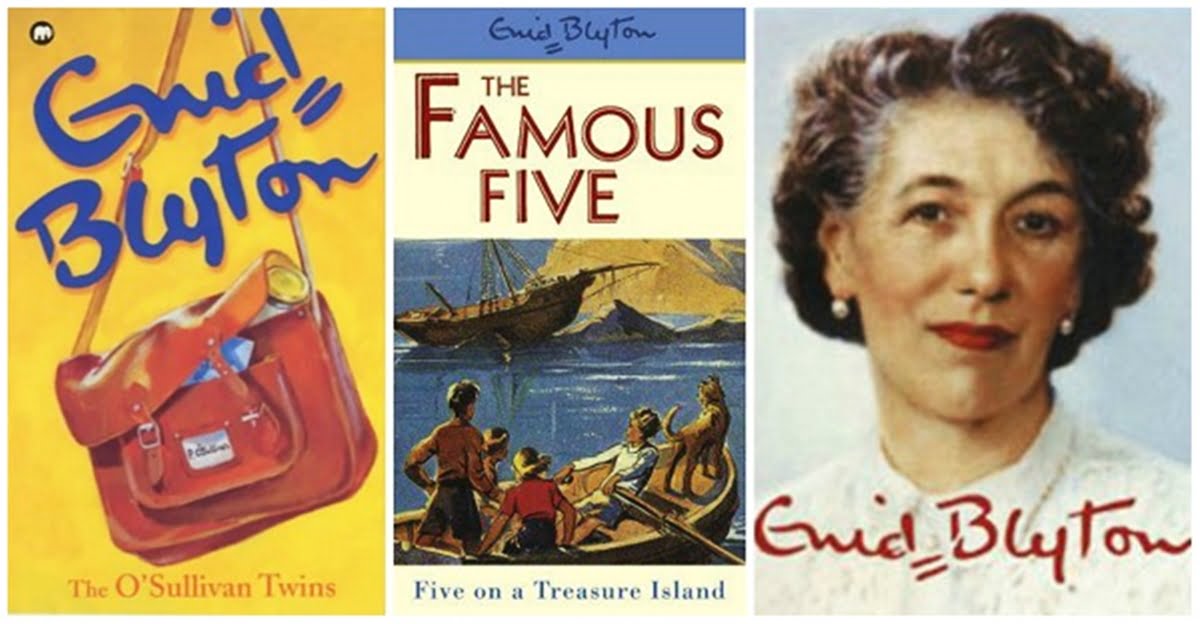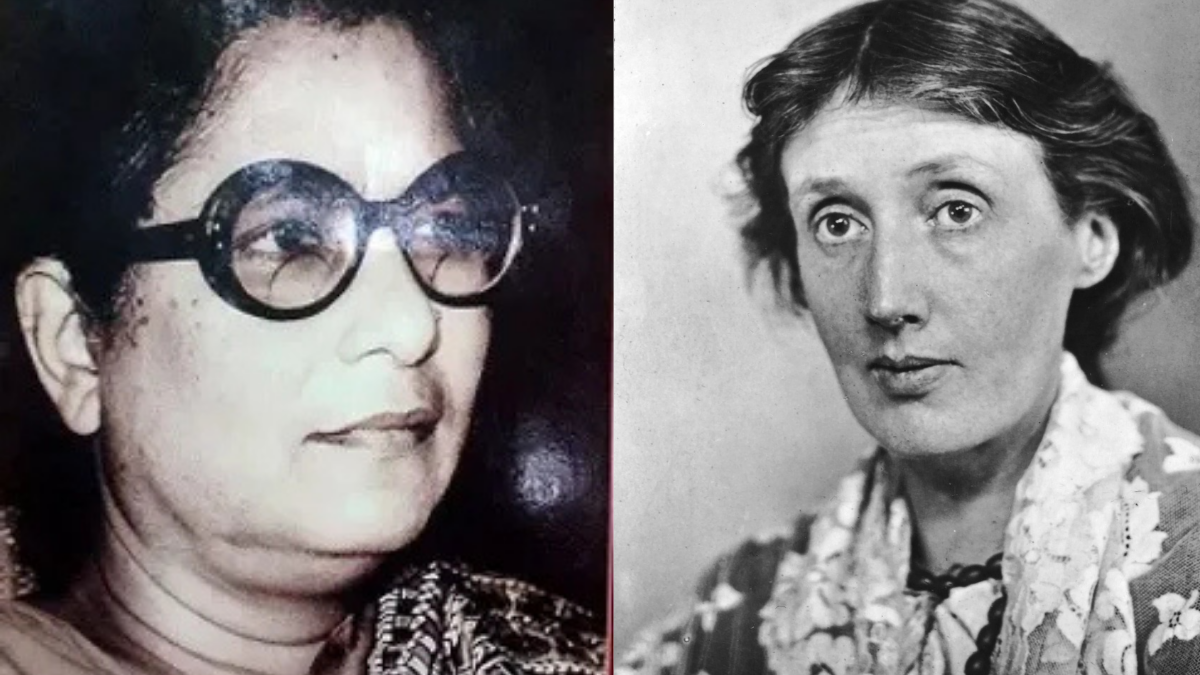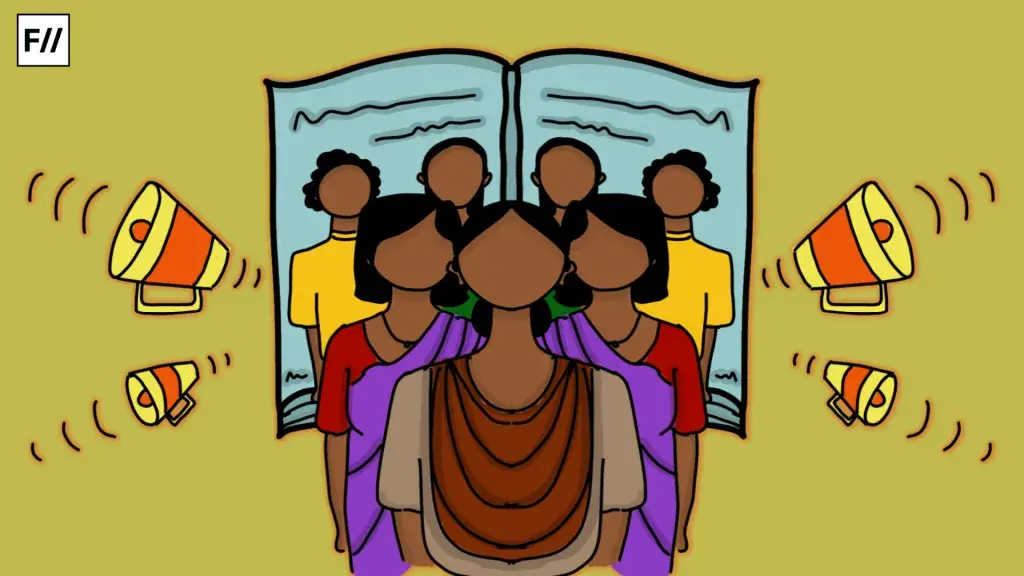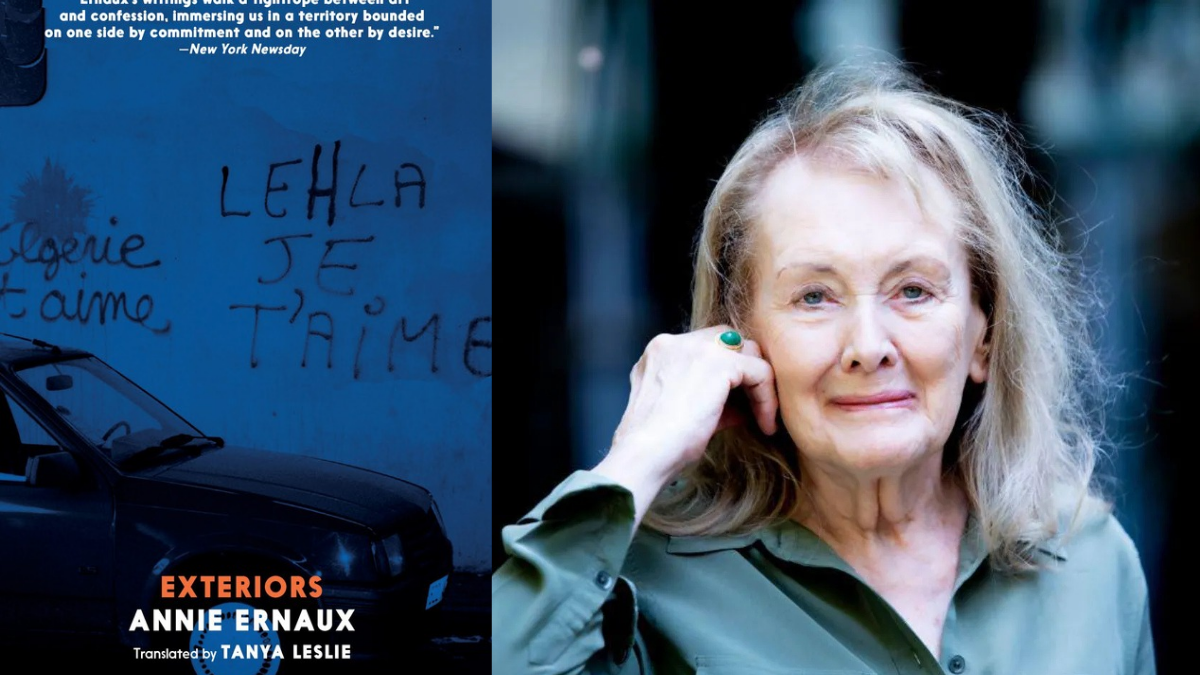Posted by Zeba Vagh
It has been a long time since I picked up a book written by Enid Blyton, but during the lockdown I picked up a book written by her once again, and while she was the reason I began to read and the reason for my imagination to spark up, years later when I revisited her books now, I couldn’t help but notice certain problematic elements.
We as children loved Enid Blyton’s books, especially because there’s a certain familiarity to them. I can still imagine the whiff of the sea breeze on Kirrin Bay and the sense that I, too, wanted to thwart a gang of smugglers by moonlight with nothing but a few underaged friends and a dog to help.
Looking back, it strikes me that Enid Blyton’s prolific output was so successful because it perfectly taps into the paradox of children: we crave freedom and familiarity. Blyton served up both with the abundance of her picnic sandwiches.
Enid Blyton’s adventures take place in an adult-free world where children have an other-worldly level of autonomy, from the seaside shenanigans of the Famous Five to the dormitory escapades of Malory Towers. This must have been heady stuff even when it was first published in the 1940s; but for children of the day, who tend to spend less time outdoors than prisoners, it’s a giddy blast of fresh air.
Also read: 7 Books That Support Us Like Positive Female Friendships

But there’s another end of this spectrum, a very problematic end that I have come to see now, the reflexive prejudice hidden in Enid Blyton’s books, the gender politics that is troubling to say the least-where the fathers sit in their studies while the mothers makes sandwiches and look after the children, a world where the tomboy George realises that she will never be as good as a real boy.
I have come to now see the reflexive prejudice hidden in Enid Blyton’s books, the gender politics that is troubling to say the least-where the fathers sit in their studies while the mothers makes sandwiches and look after the children, a world where the tomboy George realises that she will never be as good as a real boy.
And in 1960 at the height of Enid Blyton’s fame, her publisher rejected a novel on the grounds that “there is a faint but unattractive touch of old-fashioned xenophobia in the author’s attitude to the thieves: they are ‘foreign’ … and this seems to be regarded as sufficient to explain their criminality”.
And this realisation hit me like a truck as I reconnected with Enid Blyton’s books after eighteen years, and all the problems just presented themselves before me almost distinctly. I saw that the Enid Blyton books I had loved so much were problematic not just in the way it sees gender but also in its solidification of the white man saviour trope while villainising other communities.
These were the books that were the reason for me to begin loving books, the books that took up so much of my world when I was younger. What is hard to eradicate from Enid Blyton’s work is the smug sense of judgement. Blyton’s books take a snide tone towards anyone who isn’t part of the jolly-hockey-sticks, stiff-upper-lip club.
Take this early scene from First Term at Malory Towers, when a much-praised boarding school teacher meets an upset new girl: “Miss Potts looked at Gwendoline. She had already sized her up and knew her to be a spoiled only child, selfish and difficult to handle at first.”
Take this early scene from First Term at Malory Towers by Enid Blyton, when a much-praised boarding school teacher meets an upset new girl: “Miss Potts looked at Gwendoline. She had already sized her up and knew her to be a spoiled only child, selfish and difficult to handle at first.”
One argument in the defense of Enid Blyton and her work could be that she was a product of her times. That, though we find her work problematic now, they resonated well with the times they were written in.
But its so much more deeper than that, while Enid Blyton has an undeniable gift in crafting up a tale, so do so many other authors. I know that children’s books are generally conservative, but I think that’s what we need to change, in so many storybooks we see the princess as this beautiful slim woman with lovely hair and rosy cheeks, while the villain is generally plumper of and has boils and is evil.
I think that’s where the problem starts, when a child sees the world where the father sits in the study and the mother serves tea and takes care of the children, a world where the tomboyish George in the end will never be as good as a boy.
And that’s what we need to work on changing what we read to our children in the night, even though the story might be good, we need to make sure that children know and understand that there are people of different shapes and sizes, and all of them are beautiful and caring, children need to know that people of all shades are beautiful and deserve to be treated as human beings with dignity. Children need to know that the father can also make tea while the mother sits relaxing and reading and that a girl is as good as a boy.
Also read: 9 Young Adult Books With Diverse Leads That You Shouldn’t Miss
And though Enid Blyton was an integral part of my childhood and the fond memories I have of reading the books she wrote, I think it’s time to change the story a little bit, and reflect critically about the Secret Seven, Famous Five and Mallory Towers, hoping and working towards a future with children’s storybooks that have a more inclusive and affirmative representation of diversities of all kinds.
Zeba Vagh is pursuing her degree in screen writing from Whistling Woods Mumbai International. An aspiring writer, her work has been published with the Live Wire. She can be found on Instagram.
Featured Image Source: 9derwent
About the author(s)
Zeba Vagh is pursuing her degree in screen writing from Whistling Woods Mumbai International. An aspiring writer, her work has been published with the Live Wire. She can be found on Instagram.





An informative one. Thanks for critically analysing such prejudices in children’s books.